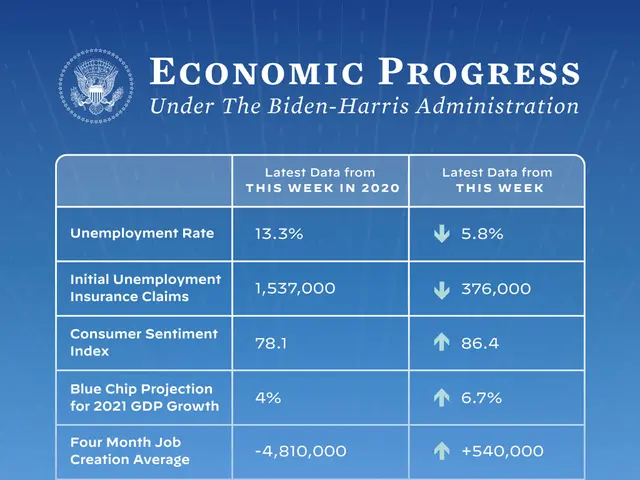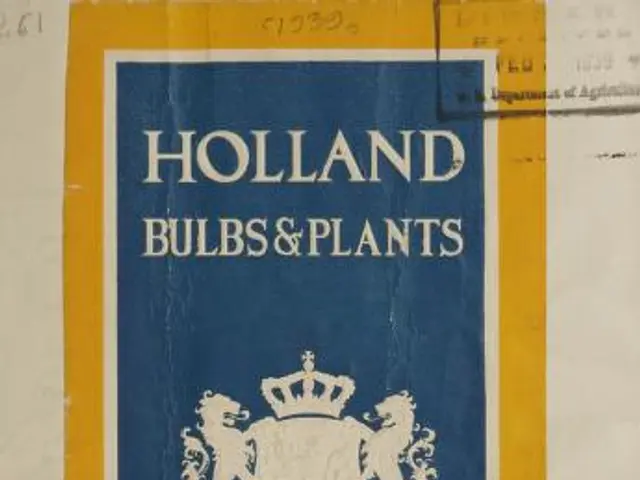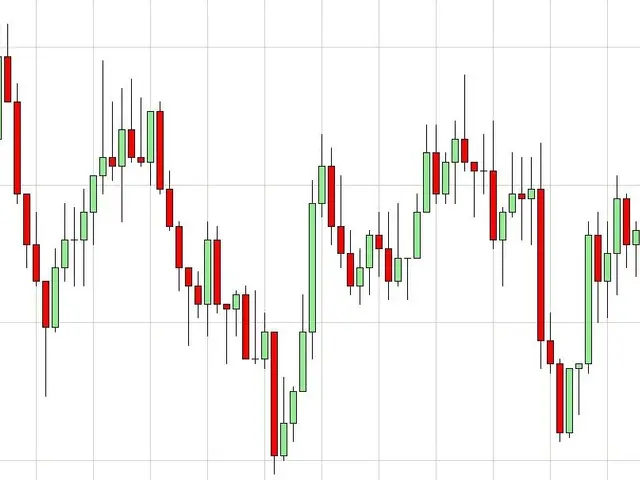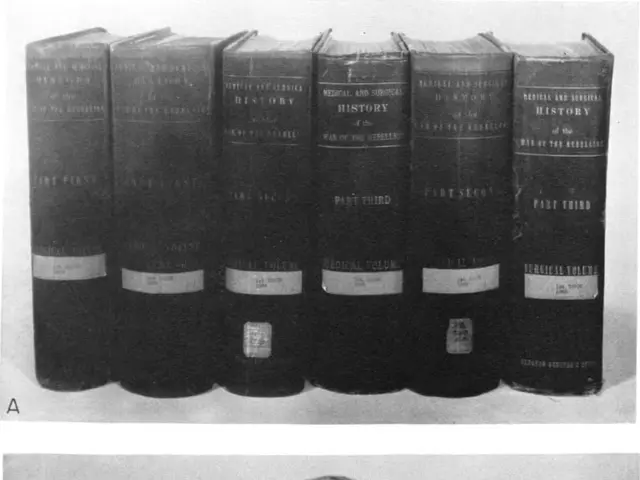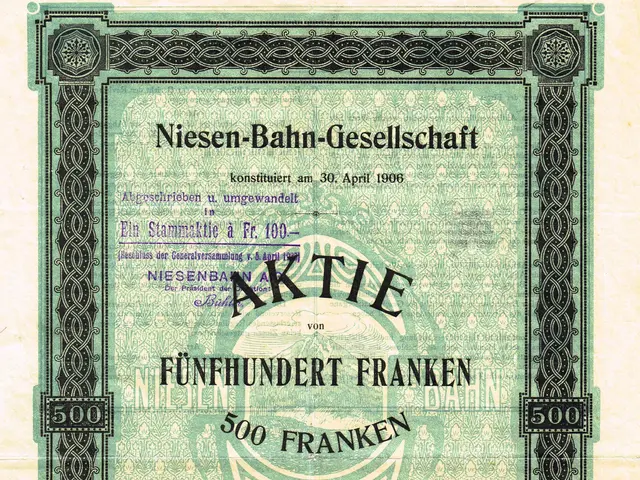Steel Manufacturers in Japan Call for Closing Loopholes in Anti-Dumping Measures Implemented by the Government
The Japanese government is currently considering the imposition of anti-dumping tariffs on Chinese hot-dip galvanized steel sheets, amidst growing concerns about the evolving challenge of avoiding anti-dumping duties, particularly in relation to Japanese and Chinese steel exports.
Japan, unlike major G20 economies such as the EU and the US, currently lacks a dedicated anti-circumvention system. This gap in legislation causes delays as Japanese law requires a separate, year-long investigation to determine circumvention apart from the original anti-dumping probe, limiting timely enforcement. This lack of a rapid anti-circumvention legal framework creates loopholes that are allegedly being exploited by exporters, particularly from China and South Korea.
The Japan Iron & Steel Federation (JISF) and other industry groups have urged the Japanese government to establish an anti-circumvention framework similar to those in other G20 countries. They argue that stronger trade enforcement and increased investigative capacity are necessary to maintain the effectiveness of anti-dumping duties and protect domestic producers.
Recent Japanese moves include initiating anti-dumping duty investigations on hot-dipped galvanized steel coil, sheet, and strip from China and South Korea. However, these efforts are still hampered by legislation limitations regarding circumvention.
The alleged methods of avoiding duties on Chinese steel, as previously mentioned, include shipping through third countries and minimal processing before exporting to Japan. The growing pressure from Chinese steel exports to Japan necessitates the establishment of a system to prevent Chinese steel from avoiding anti-dumping duties.
Despite not specifying the specific loopholes they are referring to, the groups maintain that anti-dumping tariffs would be ineffective without addressing methods to avoid duties. They have not yet proposed a specific solution for addressing this issue, but they have emphasized the growing need for countermeasures due to increasing pressure from Chinese steel exports to Japan.
The issue of Chinese steel avoiding anti-dumping duties remains a current concern for the JISF and other industry groups. They believe that the growing pressure from Chinese steel exports to Japan necessitates the establishment of a system to prevent Chinese steel from avoiding anti-dumping duties.
Interestingly, Japan and Indonesia are the only members of the Group of 20 major economies without a system to combat efforts to avoid anti-dumping duties. The groups argue that the current system in Japan is being exploited, but they have not specified the specific loopholes they are referring to.
In contrast, the EU and the US have more agile trade enforcement systems, enabling quicker investigation and action against circumvention and transshipment. For example, the US has recently strengthened customs enforcement by reducing the de-minimis threshold for tariffs and granting Customs and Border Protection (CBP) extended powers, including requiring security deposits and carrier bonds to secure duty payment, which can help prevent duty avoidance via small shipments or transshipments.
As the Japanese government considers its response to these concerns, it will be interesting to see how it addresses the need for a more robust anti-circumvention system and whether it will follow the lead of other G20 nations in strengthening its customs controls and enforcement powers.
Read also:
- Federal Funding Supports Increase in Family Medicine Residency Program, Focusing on Rural Health Developments
- Potential Role of DHA in Shielding the Brain from Saturated Fats?
- Alternative Gentle Retinoid: Exploring Bakuchiol Salicylate for Sensitive Skin
- Hanoi initiates a trial program for rabies control, along with efforts to facilitate the transition from the dog and cat meat trade industry.

